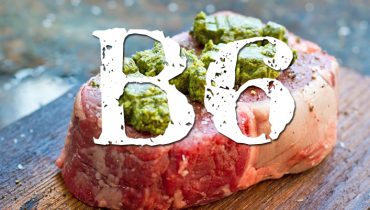Ascorbic Acid or Vitamin C Vitamin C has got to be the most widely known vitamin these days. It is not surprising because the body needs vitamin C for over 300 functions. In fact, vitamin C has been proved to help protect against heart disease, cancer and other serious illnesses. Without vitamin C the body would not be able to heal itself either. This is because vitamin C is vital for the formation of collagen. Whenever a person has a cut or an injury it is the collagen that helps repair the damage and without sufficient vitamin C this would be almost impossible. Collagen has a multitude of functions in the body, including keeping the organs in place, and it would not be able to do this without sufficient vitamin C.
Vitamin C is also an antioxidant for the body and helps other vitamins and minerals to be absorbed better. Folic acid and iron, for example, need vitamin C to maximize their usefulness. The more vitamin C that the body has, the better its defense against colds and other common ailments and vitamin C may not prevent a person catching a virus but it does help speed up the recovery process.
Vitamin C supplements are extremely useful to ensure that people obtain sufficient vitamin C. However, with a balanced diet the amount of vitamin C the body receives is likely to be sufficient. However, if a person begins feeling tired or lethargic then a vitamin C supplement will help overcome this. There is no danger of having too much vitamin C as the body simply excretes the excess.
The current recommended daily allowance (RDA) for Vitamin C is 75 milligrams (mg) a day for women and 90 mg a day for men to get the minimum amount the human body needs. However , medical specialists suggest that an intake of 200 mg is accepted since that amount is the most the human body can absorb at one time. Vitamin C can be found in citrus fruits like oranges, grapefruit, and tomatoes. Vegetables like bell pepper and broccoli are also good sources of Vitamin C.
It’s easy to get ample amounts of Vitamin C from one’s diet as long as it contains adequate amounts of fruits and vegetables. There is vitamin C in almost every fruit and vegetable but some have far higher vitamin C content than others. Cranberries and melons have high vitamin C content. In fact, tropical fruits have the highest vitamin C amounts of all fruit. Hot peppers are amongst the richest sources of vitamin C when it comes to vegetables. The hotter the pepper, the higher its vitamin C content is. Unfortunately, vitamin C is water soluble so many vegetables lose their effectiveness as a vitamin C provider if they are boiled for a long time. Steaming or quick stir frying vegetables ensures that more of their vitamin C content is retained. The recommended daily amount of vitamin C is easily obtained from eating five portions of fruit and vegetables a day if they are consumed raw or cooked quickly.







